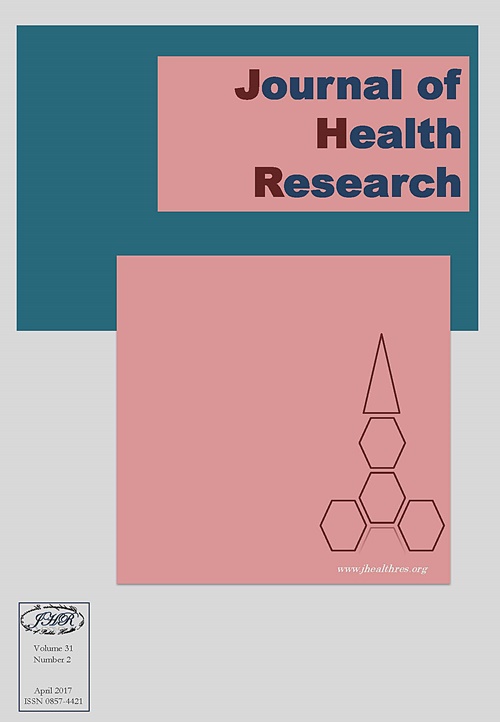Alcohol Consumption among Older Adults in Northern Thailand
Keywords:
Alcohol consumption, Aging, Older adults, Risk factors, ThailandAbstract
Background: Alcohol consumption of the older Thai adult population is important to understand for health promotion plans in district health systems. This study aimed to examine the prevalence of alcohol consumption and associated factors among older adults at community level to understand current situation for target health promotion policy implementation among this vulnerable group.
Methods: A household cross-sectional study was conducted for Thai adults aged 50 years and older in Wiang Pa Pao district, Chiang Rai Province, Thailand from January to March 2016. Multi-stage cluster sampling was used to select the respondents from seven sub-districts. Three hundred and sixteen participants were approached and interviewed by trained research assistants. Data were analyzed by Bivariate, and multiple logistic regressions.
Results: The majority of respondents (53.7%) were aged 60 years and over (Median = 60 years). The prevalence of current alcohol consumption over the past three months was 23.9%. The study identified factors associated with current alcohol consumption as aged between 50 to 59 years old, being male, current tobacco use, negative to moderate perceptions of current health status, low problem of sleep, high frequency of social contact, low frequency of modern medicine provider contact, and herbal medicine provider contact (p-value < 0.05). By multiple logistic regression, aged between 50 to 59 years old (AdjOR 1.98; 95% CI=1.09-3.59), being male (AdjOR 2.46; 95% CI=1.35-4.47), current tobacco use (AdjOR 6.29; 95% CI=2.56-15.44), high frequency of social contact (AdjOR 3.18; 95% CI=1.70-5.94), and low frequency of herbal medicine providers contact (AdjOR 2.78; 95% CI=1.01-7.68) were observed to be strong predictors of current alcohol consumption when adjusted for other factors.
Conclusions: High prevalence of alcohol consumption has been highlighted in this study. Our findings could help to understand current situation targeting promotion policy implementation among this vulnerable group in the district of northern Thailand.







